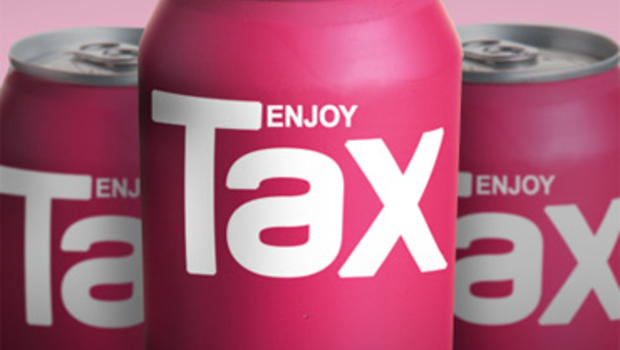City Council Committee Approves Modified Soda Tax

A special committee of the City Council voted yesterday in favor of Mayor Jim Kenney’s controversial “soda tax,” albeit with some revisions. The tax has been the subject of much public discussion and debate in recent weeks, with vocal advocates and detractors investing significant time and money into pushing their side of the argument. As agreed upon by the committee, the tax will be 1.5 cents per ounce on sodas, sweetened teas, other sugary drinks – and diet sodas, which initially were not part of the plan. The whole City Council will vote on the issue next Thursday before going on summer recess. Reports say that it’s expected that the measure will pass.

That soda you’re drinking will likely soon cost you more money.
A soda tax would make a historic mark, not just for Philadelphia but for the country as a whole. Many municipalities, including New York City, have tried to pass either taxes or bans on soda, but so far only Berkeley, California has been successful. Kenney’s predecessor, Michael Nutter, tried twice to implement a soda tax and was unsuccessful at both attempts.
Insides say that modifications to the wording and details of the tax helped it gain favor with Council voters. First of all, the original 3 cent per ounce tax was halved. This was probably due to criticism from opponents arguing that a steep tax would place a disproportionate burden on the poor. There was also some reconciliation considering where the funds from the tax would go. Originally, the estimated $90 million per year that the tax is estimated to produce would go towards universal pre-K education, community schools and recreation centers. Now, a portion of the income will go towards the city’s anemic General Fund. Council President Darrell Clarke claims that the tax’s estimated income would be more than sufficient to fulfill Mayor Kenney’s initiatives, and that what was left over would go towards the General Fund.
The passage of the soda tax would be a coup for Mayor Kenney, who chose this as the first major initiative he focused on since being sworn into office in January.



